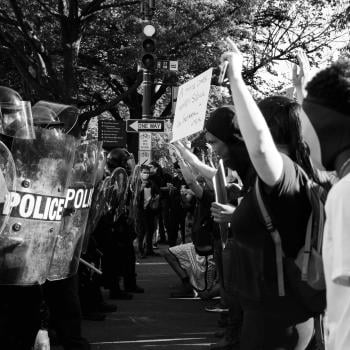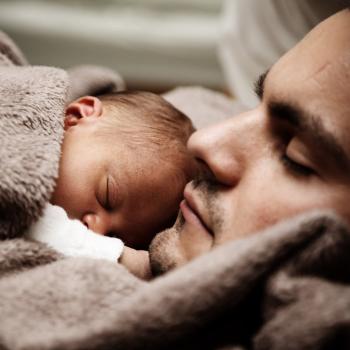
Once upon a morning, I did something different in my routine: I watched the early morning news. I thought, “I have not watched the morning news in a while. Let me see what happened overnight.”
Whelp, this bright and shiny dawn of new day idea crashed and burned.
While I slept, homicides, murders, assaults, fires, and mass pandemonium occurred in my area—at least, according to the local news.
To sum up the broadcast: “The world is mostly a bad place. By the way, here is one positive thing, along with the weather and traffic. See you at noon!”
How do you perceive the world? Do you perceive it as mostly good or bad? Or do you have a way of thinking about the world that defies reduction into either category?
Perception is Reality
I suppose if we unquestioningly construct our views of our local to global world based on most news reports, the world is an ugly place, filled with every unimaginable evil taking over.
Do these reports reflect reality?
After all, our perception is reality.
If we believe that the world is mostly good, this belief is our reality. If we perceive that the world is mostly bad or irredeemable, likewise, this belief forms our reality.
As a result, if we hold to a binary view of the world, reports of constructive or destructive human behavior will serve to confirm or disconfirm our perceptions.
Some of us might tune out almost all “bad” news because we want to receive only information to confirm our perception of the world as mostly good and vice-versa.
Seeking and allowing information to confirm our own preconceived beliefs and biases do little to nothing to understand what is really happening in our world.
Perceived Reality and Real Realty
Although our perception is reality, the practice of selectively gathering and consuming information to confirm our worldview might just create a skewed or biased view of reality.
It is human to reinforce our belief systems because doing so helps us to have comfort and a sense of stability in our lives.
Just because it is human, does not make it useful, beneficial, effective-do you see where I am going?
Our survival mechanisms to help us feel at peace about having a “handle on things” can prevent us from expanding beyond certain aspects of our social conditioning.
In other words, there is our reality, and then, there is the real reality. Think of the example of a tree falling in the forest. If you did not witness it, the fallen tree does not reflect your reality. On the other hand, the real reality is that a tree did fall in the forest.
How do we handle the mass amount of information pointing to human kindness and corruption?
How do we get to the “real” reality, when our perception seems to be everything?
The Practice of Questioning and Reflecting
I have been spending quite some time revisiting these kinds of questions. I am not finished with pondering these issues because there is much to weigh and explore. I believe in right and wrong and that making all issues relative can be detrimental to the world. I think one of the ways to be able to move beyond becoming locked into a binary view of the world, is to question—to reflect.
I think employing practices where we expand our capacity to be at ease without having immediate answers can help us to avoid quick fixes by reducing complexity to “either/or” reasoning at all times. What if we mixed it up with a “both/and” approach sometimes?
These practices are important because if we believe the world is on a steady downward spiral, then it will impact how we think and engage in the world. If we believe that world is filled with love and goodness and is ever progressing, it will impact how we live, work, and, play, too.
What if one of the keys to understanding the real reality, involves suspending these dichotomies, in order to see the world as neither good nor bad— to see it as nature?
By nature, I am not pointing to biological deterministic or innate qualities of human behavior. I am exploring “nature” as the various forms and ways the ways we are interconnected—from plants, animals to human. All are nature.
What if we began to see human behavior as part of what it means to be a complex being called “human” that is part of a larger web, albeit, systems of nature?
Perhaps, healthy and unhealthy behavior and systems have patterns and concentrations that warrant more investigation to compel meaningful action.
What if we became more comfortable with the mystery of humanity than confirming our perceptions?
By doing so, we can better disrupt the dominant narratives that we maintain about the how’s and why’s of diverse human behavior at different stages of life across various contexts.
It helps us to refrain from an overreliance on individually and socially constructed myths about human behavior in order to effectively face what is “really” happening in lives all over the world.
What if we engaged in more critical thinking and theorizing about the power of our perception of the world?
When we spend time as the highly developed beings, reasoning, reflecting, and inquiring about why we think and believe what we do, we live as active authors and creators of our world.
















